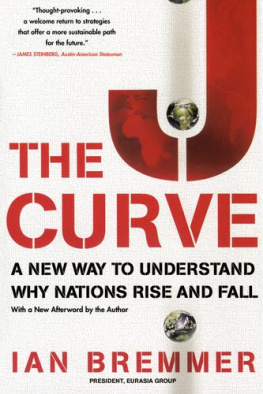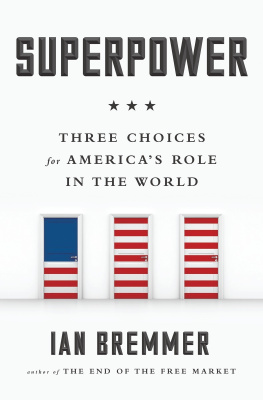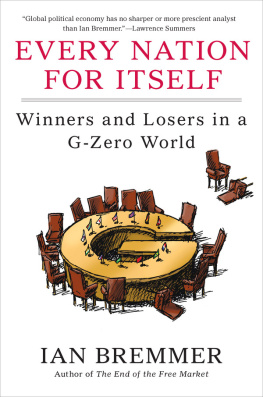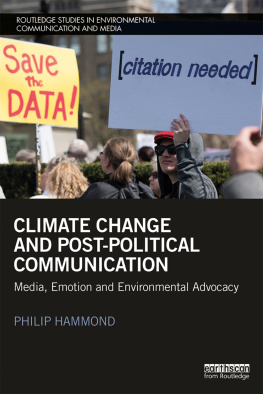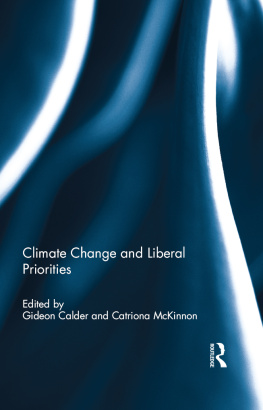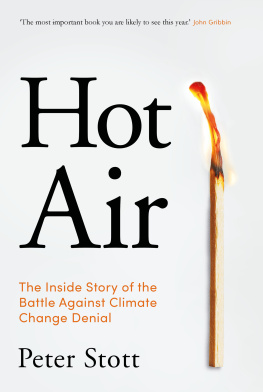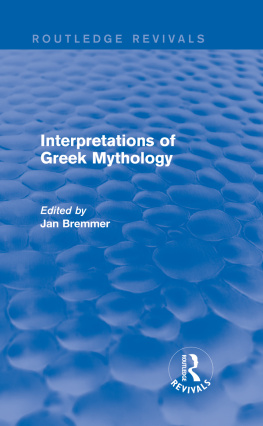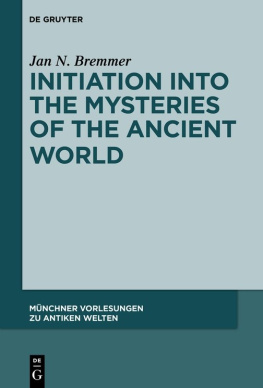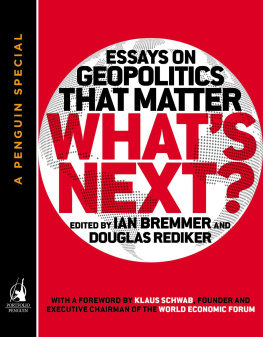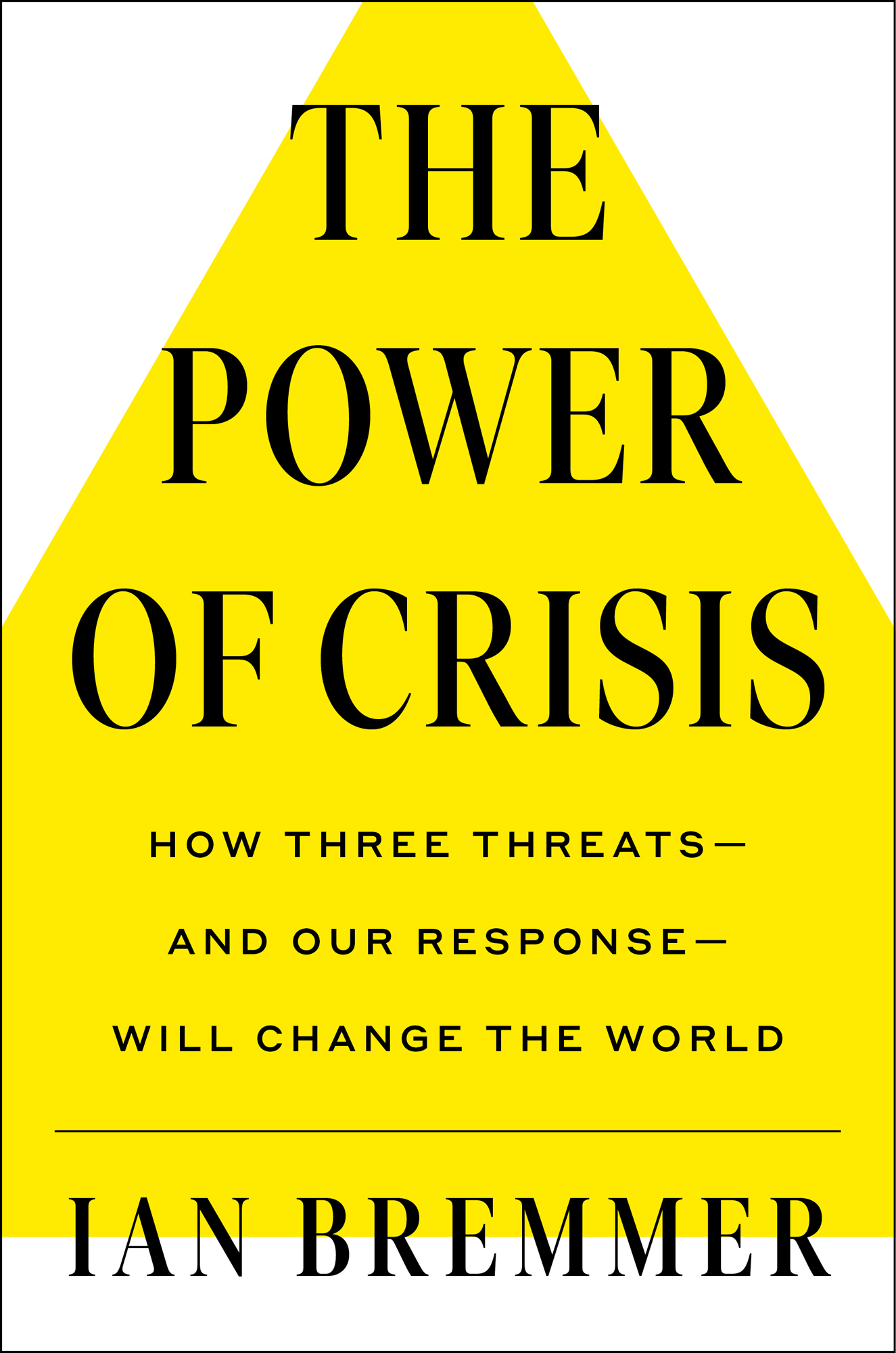CONTENTS
Guide
The Power of Crisis
How Three Threats - and Our Response - Will Change the World
Ian Bremmer
To a glass half full.
That first half was tasty.
INTRODUCTION
A way from the cameras and warmed by the fire, Ronald Reagan opened his first private conversation with Mikhail Gorbachev with a startling question: What would you do if the United States were suddenly attacked by someone from outer space? Would you help us? Gorbachev didnt hesitate. No doubt about it, he replied. We would too, Reagan assured him. That moment took place in a cabin in Geneva on November 19, 1985, but it wasnt publicly known until Gorbachev told the story in front of a live audience at the Rainbow Room in New York City in March 2009. Only Reagan, Gorbachev, and their interpreters were present when that first exchange took place.
Gorbachevs revelation made news for all the wrong reasons. Discussion began anew about whether Reagan, who had died nearly five years before Gorbachev shared this story, had been soft in the head. Smirking pundits speculated over which of Reagans favorite Hollywood sci-fi movies had inspired the question. (Historical consensus has settled on The Day the Earth Stood Still.) The anecdote embarrassed many of Reagans admirers.
I open with this story for two reasons.
First, Gorbachev has said that their first private chat was an important moment for relations between the two men, leaders of the worlds two superpowers. It certainly didnt guarantee peace or remake the Cold War. There was plenty for Reagan, Gorbachev, and their negotiators to fight over in the following years, and the Cold War ended not with a grand bargain but with Soviet implosion. But by sowing the seeds of trust and goodwill, Reagans question and Gorbachevs answer laid the foundation for a working relationship that had never before existed between US and Soviet leaders, one that created the possibility of cooperation, even coordination, between hostile, nuclear-armed enemies on questions of vital importance for both countries and the world. At various times, leaders of the United States and the Soviet Union had persuaded themselves and each other that the two Cold War powers were on a collision course. Reagan and Gorbachev understood the need to take them off that pathand that shift allowed for the progress toward more widely shared security and prosperity that the world has enjoyed since the Cold Wars end.
Second, world leaders really do face threats to the survival of those they govern. We can start with a global pandemic that inflicted damage and pain that will be felt for decades, especially in the developing world. COVID-19 started a war, and nobody won. Many governments made critical mistakes, almost every country lost too many lives, and every country suffered a sharp economic slowdown and saddled itself with new debt. Political finger-pointing within and across borders made things worse by shutting down the flow of vital information and resources that would have limited the damage for all of us.
In the coming decade, we will face much greater risks. To survive the challenges detailed in this book, we must all learn the lessons the pandemic can teach us, even if world leaders arent ready to agree on them. US, Chinese, and other governments will continue to compete, both openly and secretly, over hundreds of political, security, and economic issues they dont, and will never, agree on. But on the big risks that menace us all at the same time, we can share responsibility, information, burdens, blame, and credit as we learn from past mistakes.
Unless leaders of the worlds most important countries can build enough trust to work together on the threats we share, we will all suffer catastrophes that sci-fi fan Ronald Reagan never imagined.
CRISES TO COME
Two years after the worst global health crisis in a century, the world still struggles to regain its footing, but our future is now coming into focus. Lets first face two facts. One, domestic politics inside the United States, still the worlds sole superpower, is broken. Two, the relationship between the United States and China, which will matter more than any other for the worlds collective future, is headed in the wrong direction. Both of these realities make it difficult to respond to global crises as they occur.
We face three such crises today. The world is still struggling to shake off the economic, political, and social effects of COVID-19, and more deadly viruses will inevitably plague us. Climate change will upend the lives of billions of people and threaten the sustainability of life on the planet. The greatest threat of all to our collective future will come from the unexpected impact of new technologies that change the way we live, think, and interact with other people and will determine our future as a species.
Americas broken politics and the intensifying US-China rivalry imperil our ability to build the international trust needed to meet the great crises of our time.
AMERICAS UNCIVIL WAR
Americans no longer look abroad for their most dangerous enemies. They find them across state lines, across the street, across the hall. They see members of the other political party, neighbors, and even relatives as hateful, ignorant enemies who must be checked. Voters on the left and right deliberately seek out information (and misinformation and disinformation) about the world from sources they know will confirm their biases and make them fighting mad. Governmentfederal, state, and localincreasingly reflects these distortions in frightening ways. Even on issues where Americans of left and right sometimes agreeon the need to stand up to a rising China, for examplethey dont agree on what the problems are or what to do about them. Its difficult for citizens of other countries and their governments to see the United States as a source of solutions to global problems when tens of millions of Americans consider tens of millions of other Americans to be violent radicals or irredeemable fascists. Ill say more about thatand its dire consequences for the US and the worldin chapter 1.
A NEW COLD WAR?
On several fronts, the US and China will engage in a new conflict whose consequences could well be more dire than those of the first Cold War. Neither side is seriously engaging the other to meet the global goals the two countries share. This rivalry had been building for years when new animosities created by COVID hardened attitudes in both China and America. Washington and Beijing have legitimate disagreements and grievances. They will continue to fight over many issues. But America and China are far more interdependent than the US and the USSR ever were, and the leaders of both countries have set themselves on a new collision courseand at a time when theres no Berlin Wall to protect them from each other.
There is only so much either can do to separate their national fates, no way to hide from the rest of the worlds problems, and no chance that one will thrive without the other. Given the links between their economies and the scale and imminence of todays threats, a new Cold War would cost both countriesand the rest of the worldfar too much. A new Cold War would itself be a form of mutually assured destruction.
The United States of America and the Peoples Republic of China wont become allies anytime soon, but they can step off the current collision course to become pragmatic partners. As well see, their leaders can work on shared threats to both countries and the world. Beginning in the early 1970s, a time when only Nixon could go to China and only a man as powerful as Mao Zedong could have steered China onto a new course, the two countries worked together to end the Cold War. As a direct result, their economic interdependence of the past quarter century created an era of global prosperity without precedent in human history. That historic accomplishment is now at risk, as Ill detail in the second half of chapter 1.

